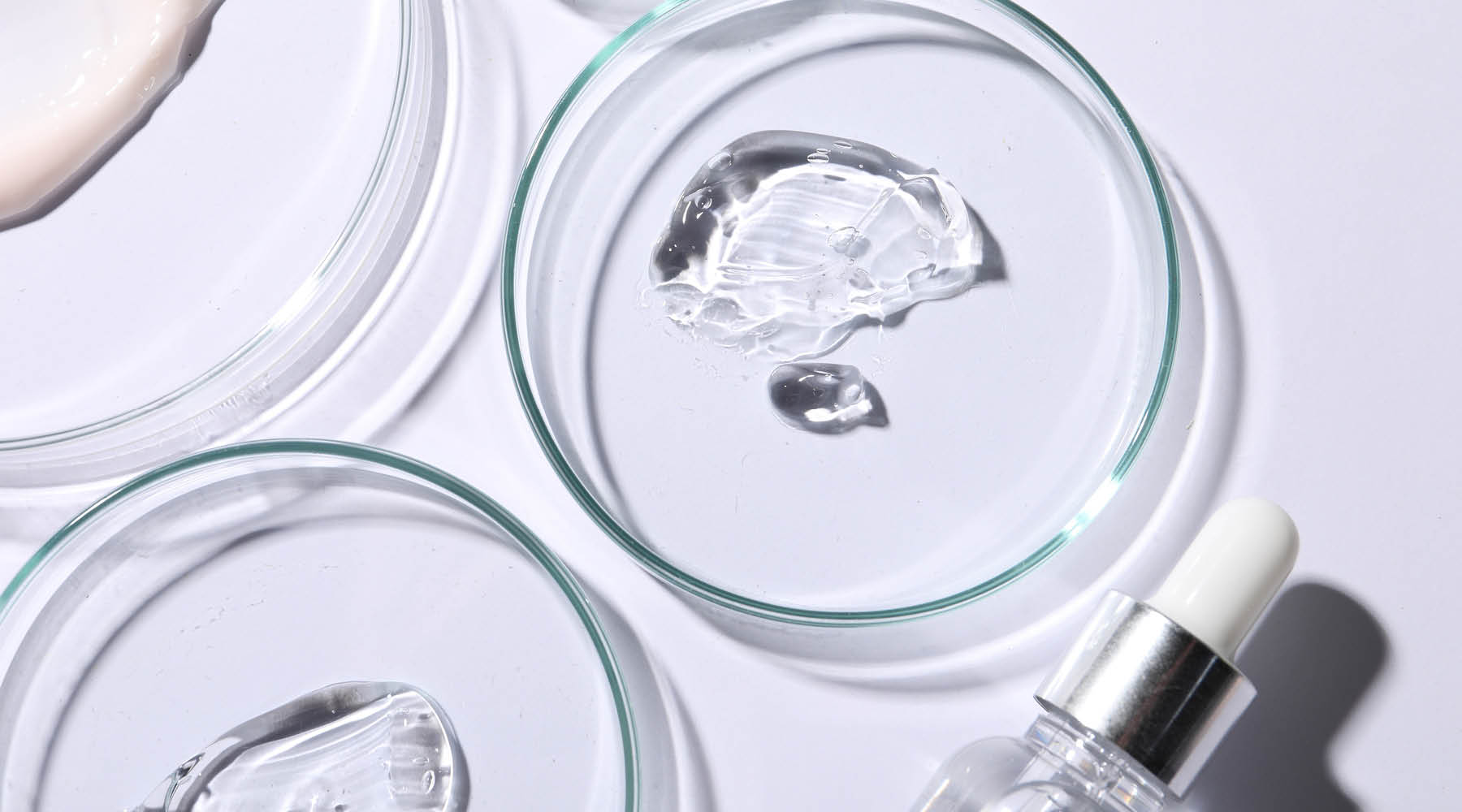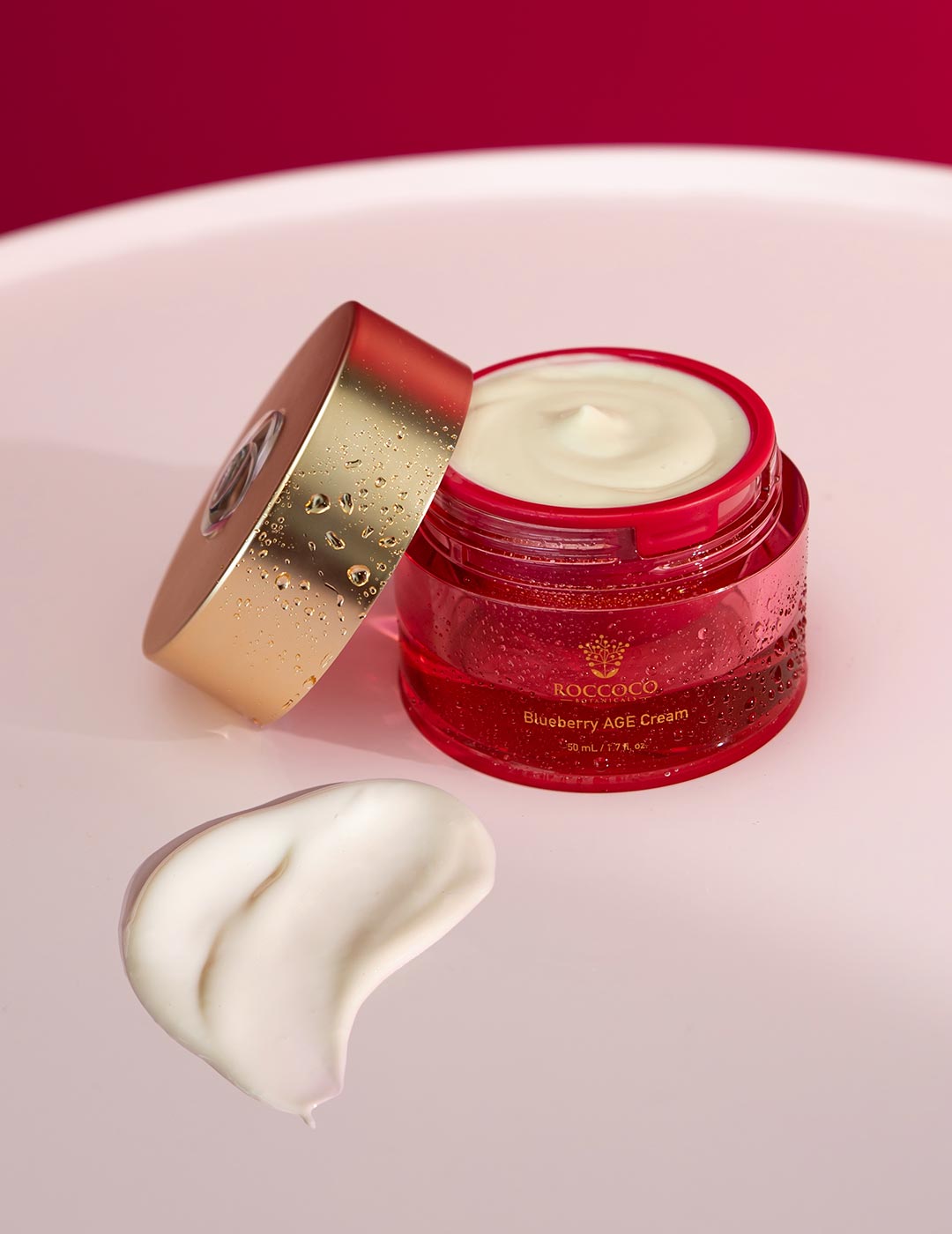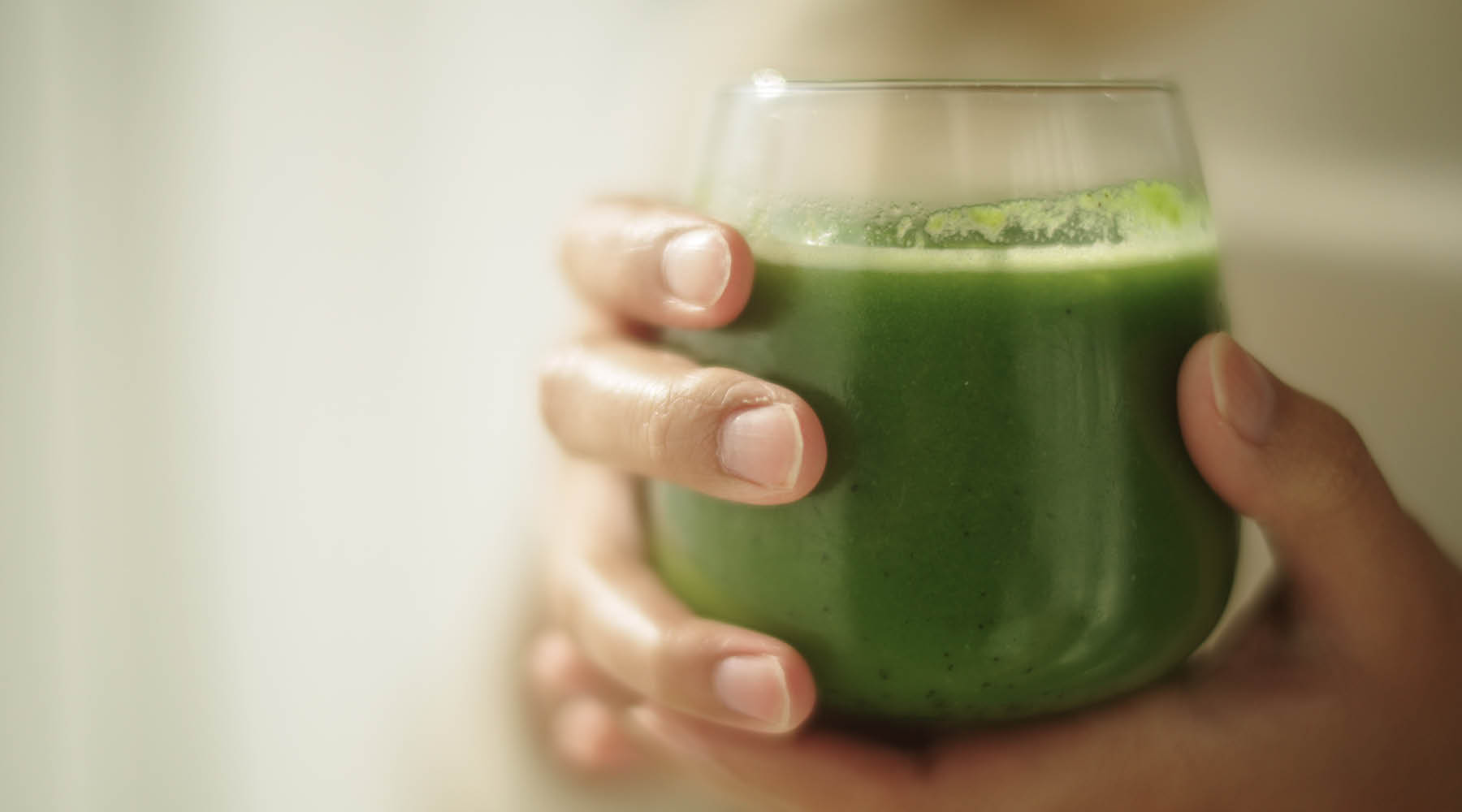When it comes to clearing acne, diet and skincare often take center stage but supplements can quietly play a powerful role behind the scenes. While some can support healthy, clear skin, others can actually trigger or worsen breakouts, even when they’re marketed as “great for skin.”
If you’ve been dutifully taking beauty powders, green drinks, or multivitamins and wondering why your acne isn’t improving—or seems to be getting worse—your supplements may be part of the problem.
Let’s take a look at the worst offenders, the helpful heroes, and how to make smarter choices when you’re acne-prone.

Supplements That Can Make Acne Worse
Many common “skin-friendly” supplements aren’t so friendly if you’re acne-prone—especially when taken in excess of the daily recommended intake.
It’s important to note:
These vitamins are not bad in and of themselves
The issue comes when they’re taken in high doses or without checking how they interact with acne-prone skin.
If you’re deficient in one of these, you may not experience breakouts from supplementation—it’s the “more is better” mentality that causes problems.
1. Vitamin B6 and B12
These vitamins are essential for nerve function and energy metabolism, and they’re included in most multivitamins and energy supplements.
However, high doses of B12, in particular, have been linked to acne flare-ups—especially deep, inflamed lesions along the chin and jawline. That’s because B12 can:
- Overstimulate oil production
- Disrupt the skin’s microbiome
- Alter gene expression in skin bacteria, causing more inflammation
If you’re acne-prone, it’s best to avoid supplementing these vitamins unless you are genuinely deficient.
2. Biotin (Vitamin B7)
Biotin is a popular supplement for hair, skin, and nail health—but it’s one of the most common supplement triggers for acne.
The reason?
It competes with vitamin B5 (pantothenic acid), which helps regulate oil and inflammation in the skin.
This imbalance can increase sebum and clog pores—a recipe for breakouts.
Again, this doesn’t mean biotin is “bad.” It’s fantastic for some people. But for those with acne-prone skin, it’s best avoided or used cautiously.
3. Spirulina, Wheatgrass & Algae
Often found in “green powders” and superfood blends, these ingredients seem healthy—but can be problematic for acne-prone skin due to:
- High iodine content, which can irritate pores and cause inflammatory breakouts
- Certain algae types being comedogenic (pore-clogging)
We’ve seen many cases of people trying to “cleanse” or “detox” with these powders, only to end up with cystic acne weeks later.
4. Iodine
Too much iodine, found in seaweed, table salt substitutes, multivitamins, and protein powders, can worsen acne—especially on the lower face and neck.
Like the others, iodine is essential in small amounts. But exceeding the recommended intake can create problems for acne-prone individuals.
5. BCAAs (Branched Chain Amino Acids)
BCAAs are popular in fitness and muscle-building supplements but can increase acne risk by stimulating insulin and mTOR pathways. This stimulation:
- Increases oil production
- Raises inflammation
- Creates an environment conducive to acne formation
Like other problematic supplements, overconsumption beyond daily needs is the main concern, especially for acne-prone individuals.

Supplements That Can Help Clear Acne
While the wrong supplements can inflame your skin, the right ones can support healing from the inside out. The key is to focus on reducing inflammation, supporting hormone balance, and improving gut health.
1. Probiotics
There’s a strong connection between gut health and skin health. If your gut is imbalanced, it can:
- Increase inflammation
- Disrupt hormone metabolism
- Weaken the skin barrier
Probiotics help by restoring balance to the gut microbiome. Look for strains like Lactobacillus rhamnosus and Bifidobacterium longum—both have research supporting skin benefits.
2. Omega-3 Fatty Acids
Omega-3s (from fish oil, flaxseed, or algae oil) are potent anti-inflammatories.
Benefits for acne include:
- Less redness and swelling
- Reduced oil production
- Support for hormonal balance (especially in PCOS-related acne)
If you eat a lot of processed foods or little fish, you may be low in omega-3s—supplementing can help calm reactive, inflamed skin.
3. Inositol (Myo- and D-Chiro-Inositol)
Inositol is especially helpful for hormonal acne and PCOS-related breakouts. It works by:
- Improving insulin sensitivity
- Balancing testosterone levels
- Supporting ovulation and reducing androgen dominance
Many people see clearer skin and more regular cycles within 2–3 months of consistent use.
4. Zinc
Zinc helps reduce:
- Inflammation
- Oil production
- Acne-causing bacteria
The best forms include zinc picolinate or methionine, which are well absorbed. Avoid taking over 50mg daily unless advised by a professional, as high doses can affect copper levels.
5. EGCG (Green Tea Extract)
EGCG is the active antioxidant in green tea, and it’s incredibly beneficial for oily, hormonal, or inflammatory acne.
It:
- Decreases sebum production
- Reduces the effect of androgens on the skin
- Provides antioxidant protection
You can drink several cups of green tea daily or take it in capsule form for a stronger dose.

Healthy ≠ Acne-Safe
Just because a supplement is marketed as “good for skin” doesn’t mean it’s acne-friendly.
Many supplements on the market are designed with general skin health in mind—not specifically for acne-prone skin. If your skin is reactive, sensitive, or prone to breakouts, even occasional use of the wrong supplement can lead to flare-ups.
We’ve seen cases where people used a “skin-boosting” hair supplement or a superfood powder occasionally—just a few times a week—and ended up with persistent breakouts months later.
Not Sure What’s Causing Breakouts?
Acne is complex. If you’re doing everything “right” but still breaking out, your supplements, makeup, or haircare products could be to blame.
We offer one-on-one skincare consultations where we’ll:
- Go through your supplement routine in detail
- Identify any acne-triggering ingredients
- Review your makeup and haircare products for comedogenic offenders
- Help you build a truly acne-safe internal and external routine
Final Thoughts
Supplements can either help or harm your skin. While things like probiotics, omega-3s, and zinc can support clear skin, others—like biotin, excess B12, or BCAAs—can silently worsen breakouts over time.
If you’re acne-prone, playing supplement roulette is risky. Don’t just go by what’s marketed as “glow-boosting” or “skin-loving”—go by what’s actually acne-safe.
And if you’re unsure, we’re here to help. Book a consultation, and we’ll do the detective work for you—inside and out.
Read more

Acne Awareness Month is a powerful reminder that acne isn’t just a teenage phase or a cosmetic issue—it’s a complex skin condition that affects millions of people worldwide, regardless of age or ge...

If you’ve struggled with acne, you’ve likely come across the term “comedogenic.” But what does it really mean, and why is it so important for acne-prone skin?



